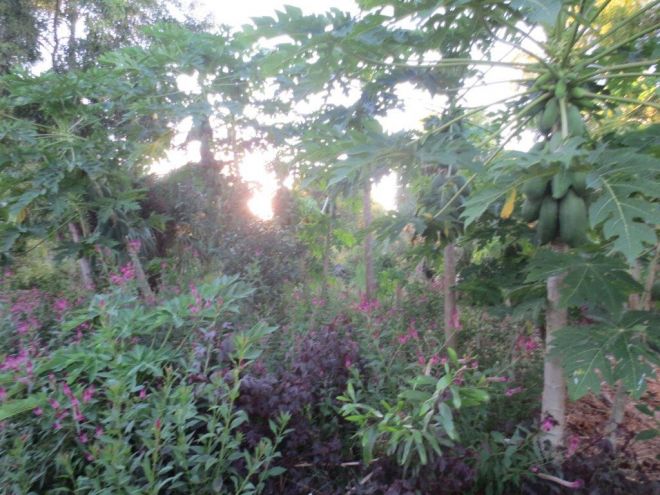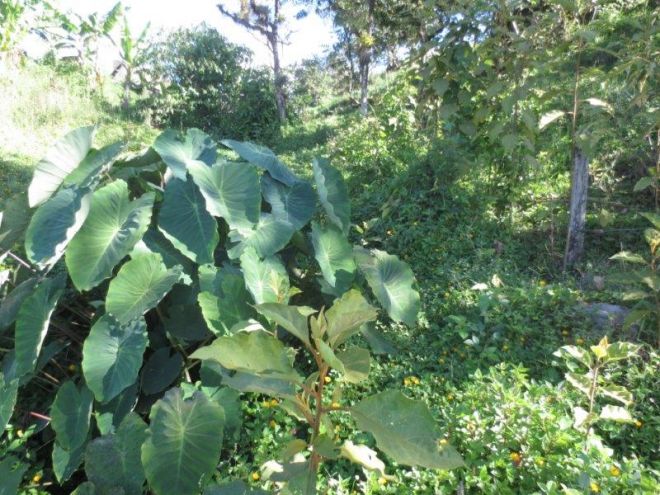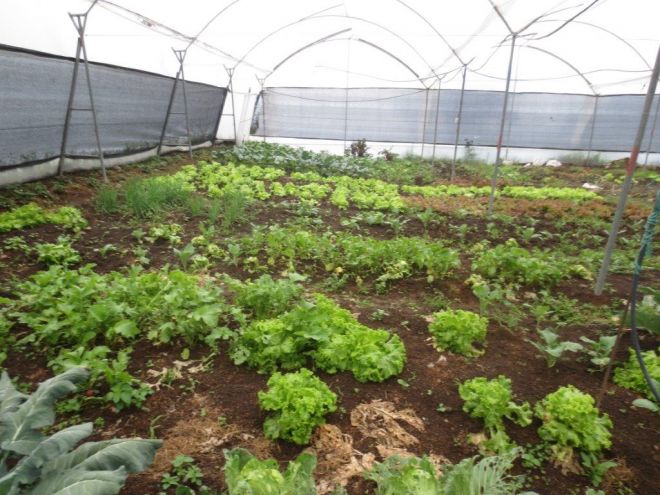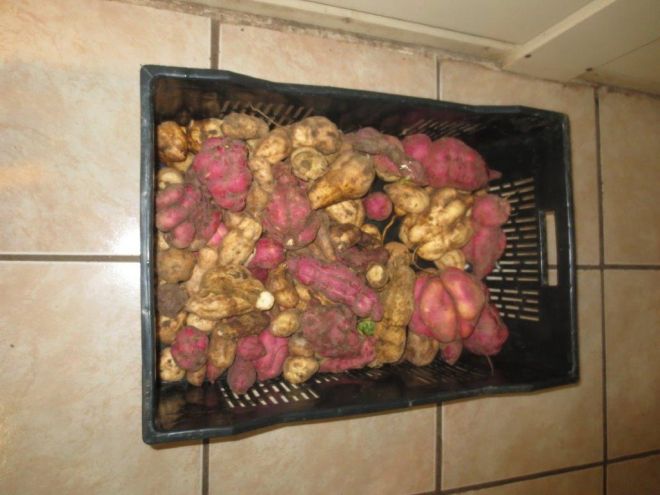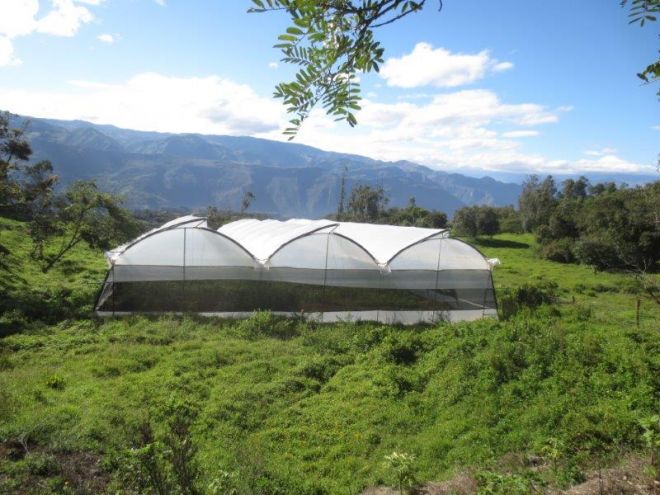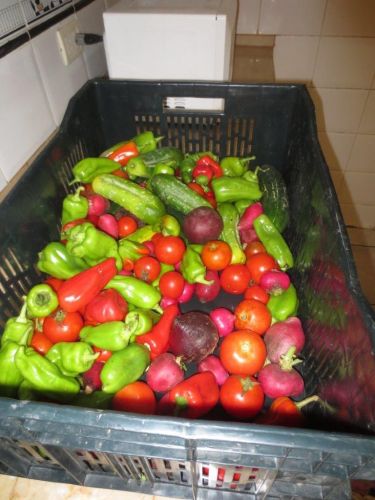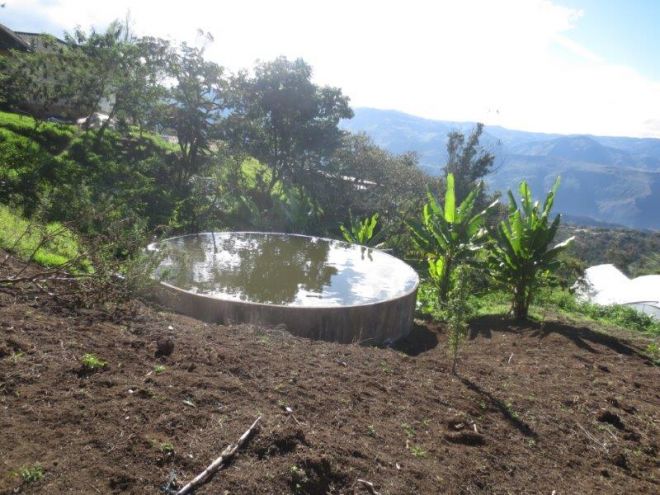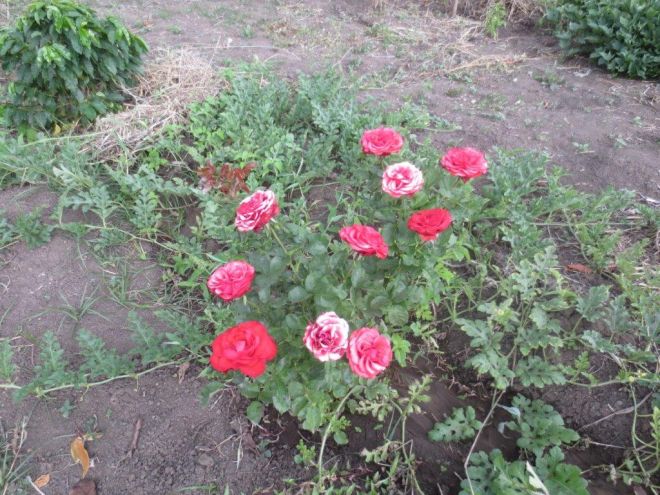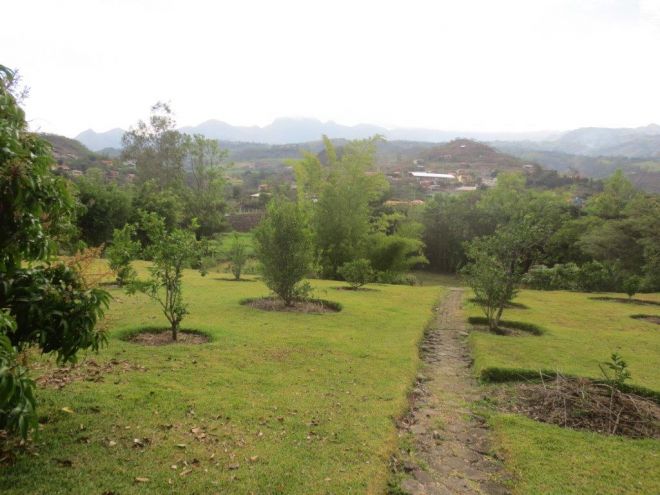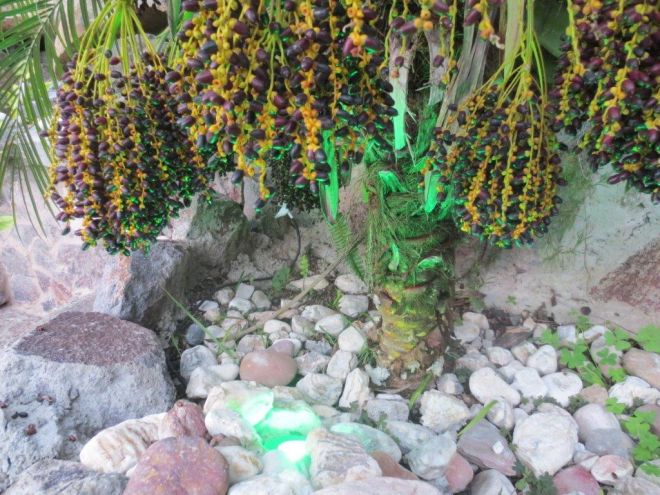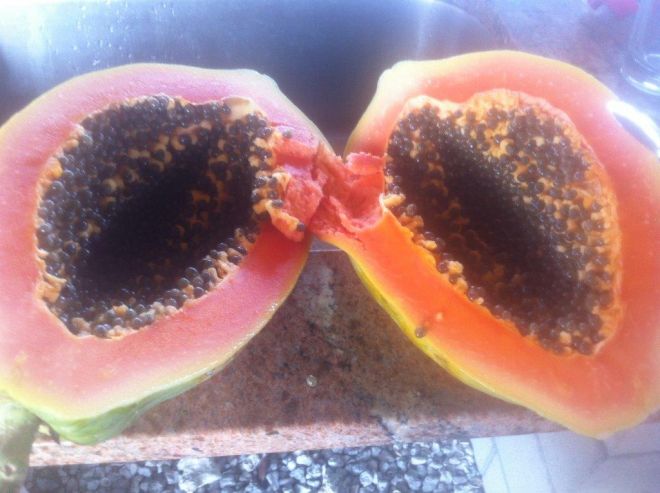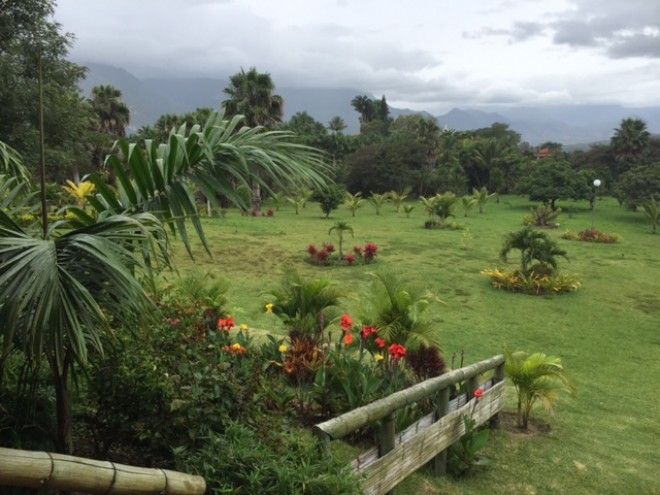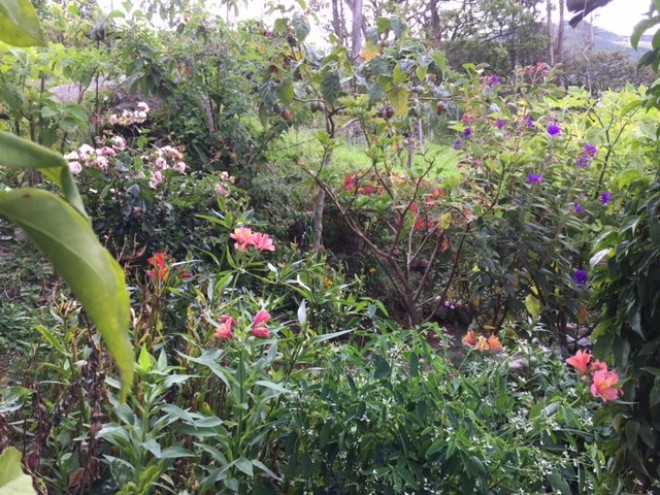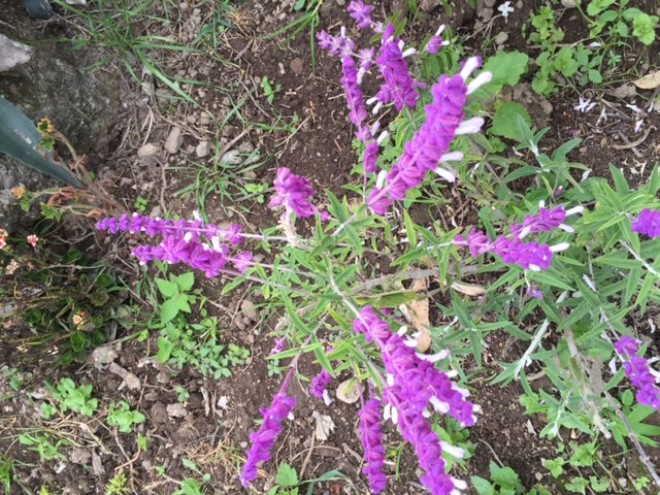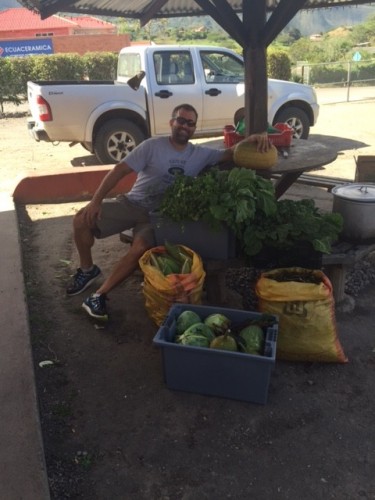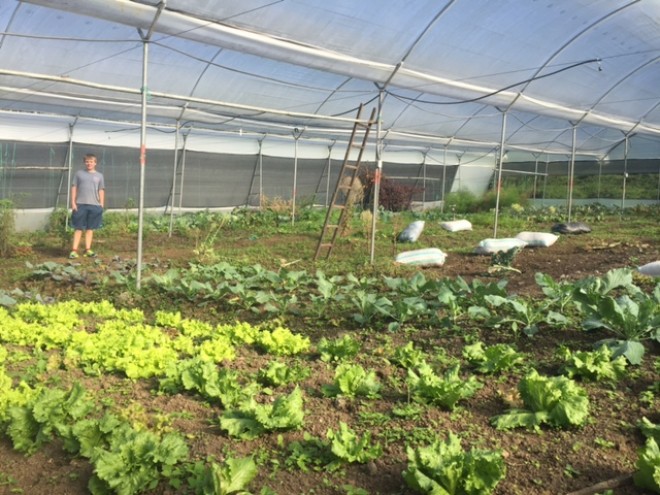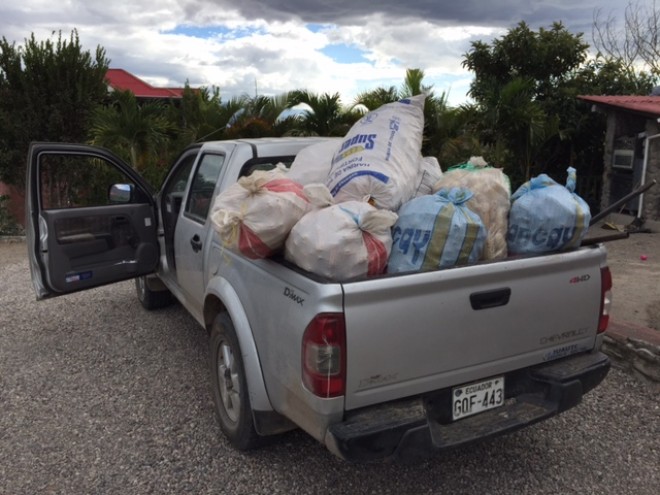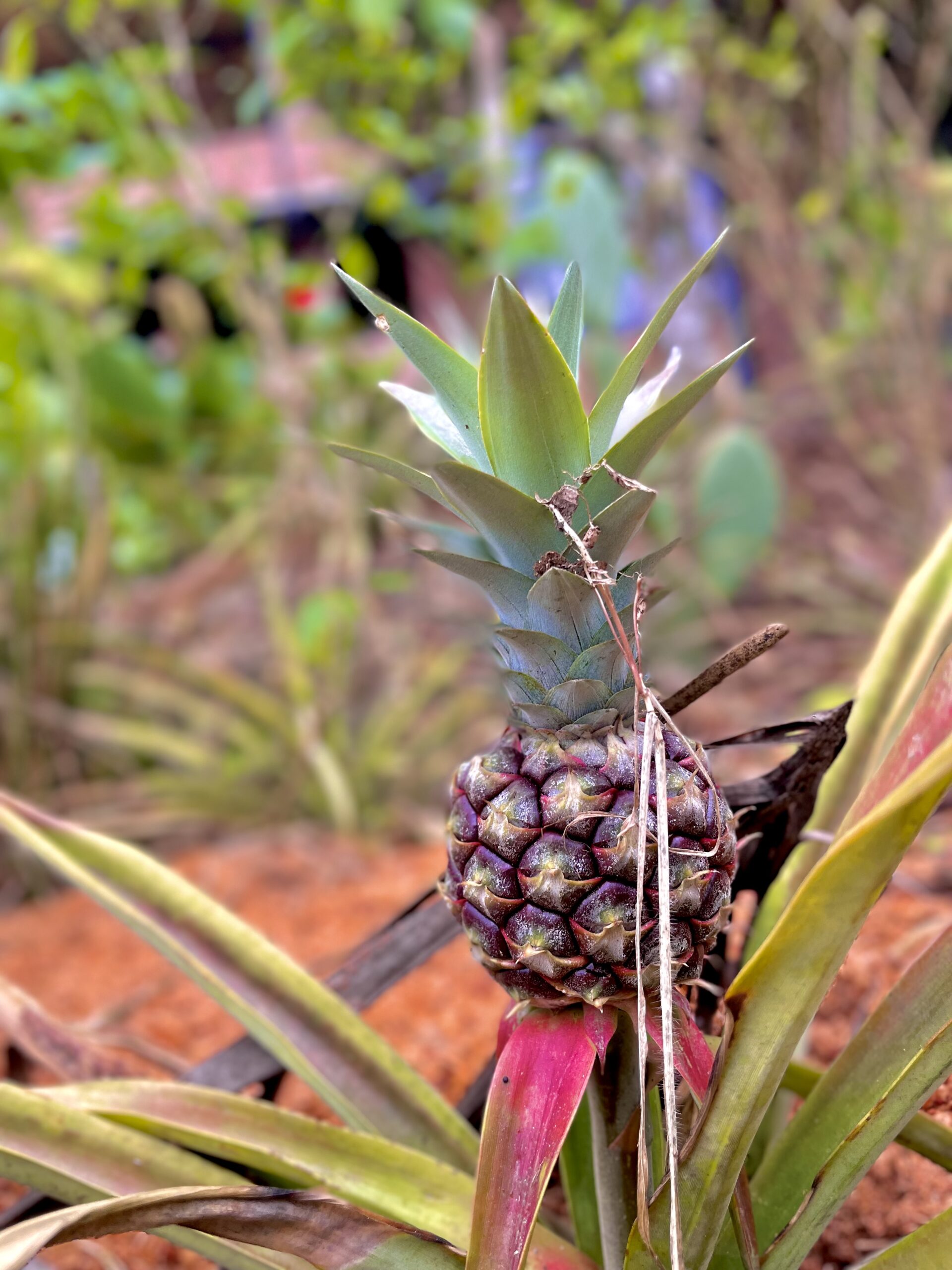Organic Gardening | Living the Life in Ecuador
Ecuador’s rich soil and wonderful climate make it perfect for growing a wide range of crops. This explains why many locals rely on sustainable food production for a living.
The country’s main agricultural products include coffee, tea, sugar, rice, corn, potatoes, beans, and tropical fruit. It exports melons, strawberries, tomatoes, heart of palm, and asparagus, along with flowers like roses and carnations.
Organic food delivery is also available, with farms and distributors bringing baskets of fresh organic produce straight to buyers’ doorsteps.
At LiveTheLife, we offer a convenient weekly delivery of the freshest organic produce grown in our own farm to our clients in Yunguilla and Cuenca. Get more details here. You can also sign up online or call 011.593.97.994.7640.
Organic gardening in Ecuador
Ecuadorians have embraced organic gardening and its benefits, thanks to a number of past and on-going initiatives. Agricultura Urbana Participativa (AGRUPAR), or participative agriculture, is part of a municipal program that teaches organic farming techniques and methods.
AGRUPAR was a component of a 10-city research project in the late 1990s. It has trained over 3,700 participants in the ways of urban gardening, helping them make their plots more efficient.
Another program, Multinational Exchange for Sustainable Agriculture (MESA), brings farming leaders together to strengthen local food systems through cultural exchange and participatory training. It has helped jumpstart over 250 food justice initiatives and small-scale farms globally.
MESA also manages a grant program that encourages experimentation, innovation, and mentorship for sustainable farming. The program’s alumni in Ecuador have successfully launched small-scale projects of their own.
The basics of organic gardening
Organic gardening is about cultivating a robustecosystem that sustainsall living organisms, from microbes and insects, to crops and the people who consume them.
It does away with synthetic fertilizers and encourages the use of organic matter like compost, manure, and animal byproducts to enrich the soil and improve its capacity to retain water.
Organic gardeners generallykeep pest populations below harmful levels rather than eliminate them. This is done by letting pest predators and beneficial insects like spiders, toads, lizards, and bats thrive. Rotating crops, using traps, and clearing rotted leaves away also keep pests in check.
The promise of abundant sources oforganic produce in Ecuador is one of the reasons many expatriates choose to retire here. Wholesome food and sustainable living improve their quality of life. If you want to know more, give us a call or send an email to info(at)livethelifeinecuador(dotted)com.


